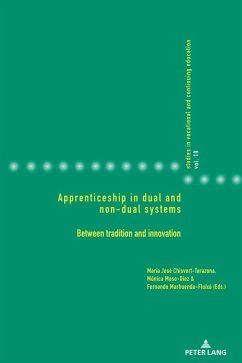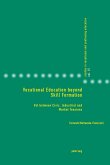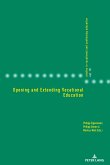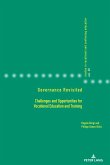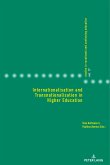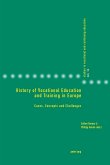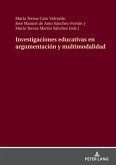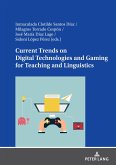Vocational education, apprenticeship included, is subject to reviews and updates that the recent crises are demanding. The role of education and training systems in different welfare regimes is key in shaping what it involves becoming an adult, a worker and a citizen. Nevertheless, policy-makers often indicate dual systems as the most successful, efficient and intelligent way to provide vocational education. This volume contributes with research that discusses the appropriateness of dual systems in Germany and Switzerland and shows some of its current weaknesses. It also portrays effective and non-effective ways of introducing apprenticeships in non-dual systems in Sweden and Spain. The authors want to contribute to the debate on the internationalization of VET and particularly of dual systems, to clarify differences between apprenticeship and alternance (too often taken as synonymous). Particularly relevant is the seldom-cited case of France.
Bitte wählen Sie Ihr Anliegen aus.
Rechnungen
Retourenschein anfordern
Bestellstatus
Storno

